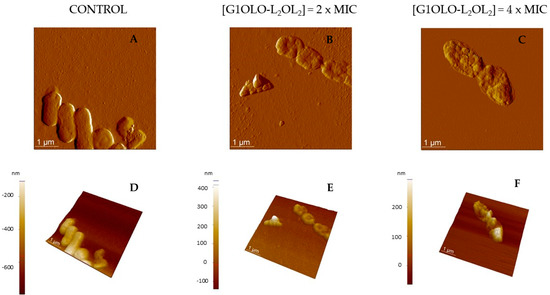Studying Lipid Membrane Interactions of a Super-Cationic Peptide in Model Membranes and Living Bacteria.
The super-cationic peptide dendrimers (SCPD) family is a valuable class of antimicrobial peptide candidates for the future development of antibacterial agents against multidrug-resistant gram-negative bacteria. The deep knowledge of their mechanism of action is a major challenge in research, since it may be the basis for future modifications/optimizations. In this work we have explored the interaction between SCPD and membranes through biophysical and microbiological approaches in the case of the G1OLO-L2OL2 peptide. Results support the idea that the peptide is not only adsorbed or close to the surface of the membrane but associated/absorbed to some extent to the hydrophobic-hydrophilic region of the phospholipids. The presence of low concentrations of the peptide at the surface level is concomitant with destabilization of the cell integrity and this may contribute to osmotic stress, although other mechanisms of action cannot be ruled out.


